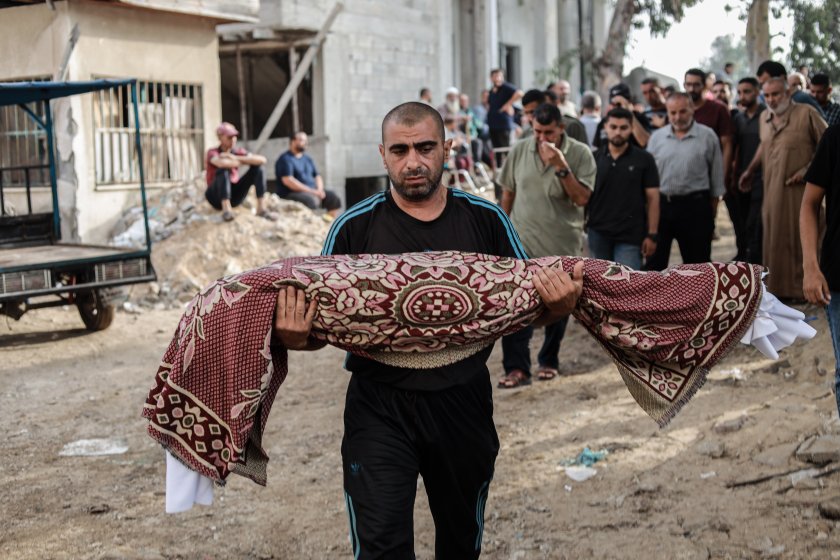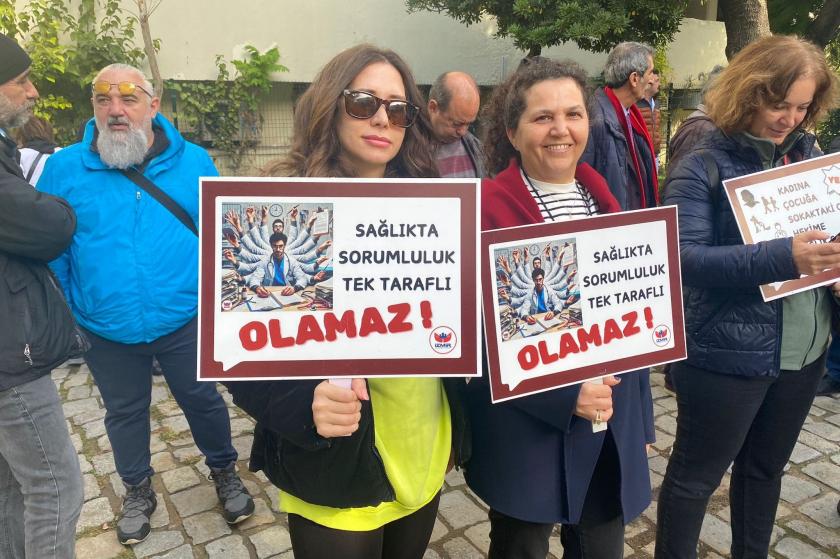The statements of the idealist mafia chiefs and the survival of the state
What does the reality of a state and government which relies on the leaders of organisations, the idealist-fascist mafia chiefs to defend their survival tell us that?

Fotoğraf: Sedat Peker'in paylaştığı videodan ekran alıntısı
At the time of writing this article, the fifth video in which Sedat Peker brought up allegations about the network of dirty relations that encircle the government, had just hit the internet.
Organised Crime Organisation Leader Peker raises allegations about Mehmet Ağar and his son AKP MP and Marmara Regional Coordinator Tolga Ağar, Pelikancılar (Albayraklar and Turkuaz media group), Interior Minister Süleyman Soylu - whom he says he is an enemy to the Albayraks. The alarm that the allegations in the publications raised in the ruling party indicated that Peker’s claims are not that far-fetched.
It is noteworthy that Peker does not neglect to frequently repeat the most basic arguments of the idealist-fascist movement while voicing these claims.
"We are the children of Başbuğ," "We are the warriors of this country," "The nation forever," "We will establish Turan," "We will establish the Turkish-Islamic union."
Peker separates Başbuğ (MHP's founding leader Alpaslan Türkeş) and President Erdoğan in this “holy cause”.
Saying that the state is sacred, Peker adds: "Our problem is with people."
Alaattin Çakıcı recently responded to Peker's allegations.
Who is Çakıcı?
Many things can be said about Çakıcı, including his working as a “subsidiary power of the state” in the “civil” fascist movement against the rising social struggle before 1980. From his presidency of the Kağıthane Idealist Centre to the check mafia in the 1980s, from forming secret relations with the MIT to public tenders (the purchase of Türkbank). From killing people to being visited by MHP leader Bahçeli, who called him “my lawsuit partner” when he was in prison, to his release with “special” amnesty.
Recently Çakıcı warned Peker, who brought these allegations to light in his statements: “I would like to remind both those in Turkey and abroad who say ‘I am Turkish’, ‘I am Turkmen’, ‘the state means everything to me,' that they should not speak about those who were discharged from their duties at a period when the survival of the state is at stake.”
In other words, Çakıcı does not deny any such relations but tells Peker to be quiet for “the survival of the state”.
Looking at the statements of Peker and Çakıcı, who are unaware of what is going on in this country, such as of "the holy cause" and "the survival of the state", you would think that they are discussing the idealist-fascist mafia chiefs who have been in prison for years for the leadership of organised crime rather than the most respected politicians in the country!
Let's not be unfair to them though. Even though they are not political party leaders, they were viewed and cherished by the current ruling bloc (the People's Alliance) as a credible alliance. Although it has now become a 'legacy' for Peker, he organised quite a few rallies for Erdogan, who sees the "survival of the state" under his one-man rule. Çakıcı, on the other hand, is already the idealist of Bahçeli, with whom he is walking on the same path as.
The leaders of the organised crime organisations do not refrain from threatening the leaders of the opposition parties to defend the government, who consider themselves responsible for the survival of the state, and more importantly, try to cover for the government, even though they are also trying to cover up the dirty relations between them…
When we look at why these idealist-fascist mafia chiefs as so influential and why politicians respect them so much, we come across the following fact: The idealist-fascist movement, which played an active role in the escalation of fascist terrorism and the creation of conditions suitable for the coup of September 12, 1980, against the revolutionary struggle that rose before the military fascist junta, expected to be respected by the coup plotters and to enable power for the MHP. But this expectation did not come true. On the contrary, the putschists threw some of these idealist fascist gang members and the MHP administration into prisons because they no longer needed them and, moreover, in order to show that they were “neutral” in the "fight between the right and left".
Under the 'favourable' conditions created by the 1980 coup's disorganisation of the working class and crushing social opposition, Özal had begun to implement his neoliberal transformation program. In this period of unbridled exploitation and pillage (privatisation, rent, tender, fictitious export, bankers), a significant portion of the idealist gang leaders who were left out and released from prisons became the mafia chiefs who took care of the check-bond affairs of the rising capitalist class and chased their tenders.
On the other hand, this was also a period when 'low-intensity wars' and conflicts stemming from the Kurdish question were on the rise. During this period, a substantial part of the civil fascist gang members took part in the official violence campaigns under the names such as JİTEM, JÖH, PÖH in the 'dirty war' waged against the Kurdish people. The drug trade of these 'warlords' prospered through the 'dirty war' in the region, and they also became effective within the state bureaucracy. For this reason, it is no coincidence that Mehmet Ağar, at the centre of today's discussions, was one of the names at the head of this 'special war during this period - a war which he called "a thousand operations".
After the collapse of the Soviet Union in the early 1990s, the idealist fascist movement that advocated the "Turkish unity cause" developed close ties with the Turkic republics. These relations soon turned into a cooperation with the Turkish capital circles who wanted to invest there and within the rapidly enriching circles in the country. The accusations by Peker of Azerbaijani businessman Mansimov "falling back on his possessions" is revealing in terms of these relations.
As for today…
What does the reality of a state and government which relies on the leaders of organisations, the idealist-fascist mafia chiefs to defend their survival tell us that?
What this reality tells us is this: The further a state and its rulers move away from democracy and democratic functioning, the greater the influence of organised crime organisations and mafia have within it. That is why the idealist mafia chiefs speaking as if they are the owners of the state and being so respected at a high level of government cannot be considered independent of the character of the current rulership. The alliance AKP-Erdogan brokered with MHP-Bahceli for the establishment of an oppressive-authoritarian one-man regime and the fact that these forces have turned to the construction of a fascist regime today paved the way for these organised crime organisations and their dirty relations to reach the top of the state.
So the issue goes far beyond which organised crime organisations are in conflict with each other and which criminal organisation leader is being protected and by which politician. The issue is of getting rid of this oppressive-authoritarian regime, in which these organised crime organisations are so intertwined that they see themselves as the owner of the state and the defender of its survival. The way to do this is through the struggle for democracy.







Evrensel'i Takip Et